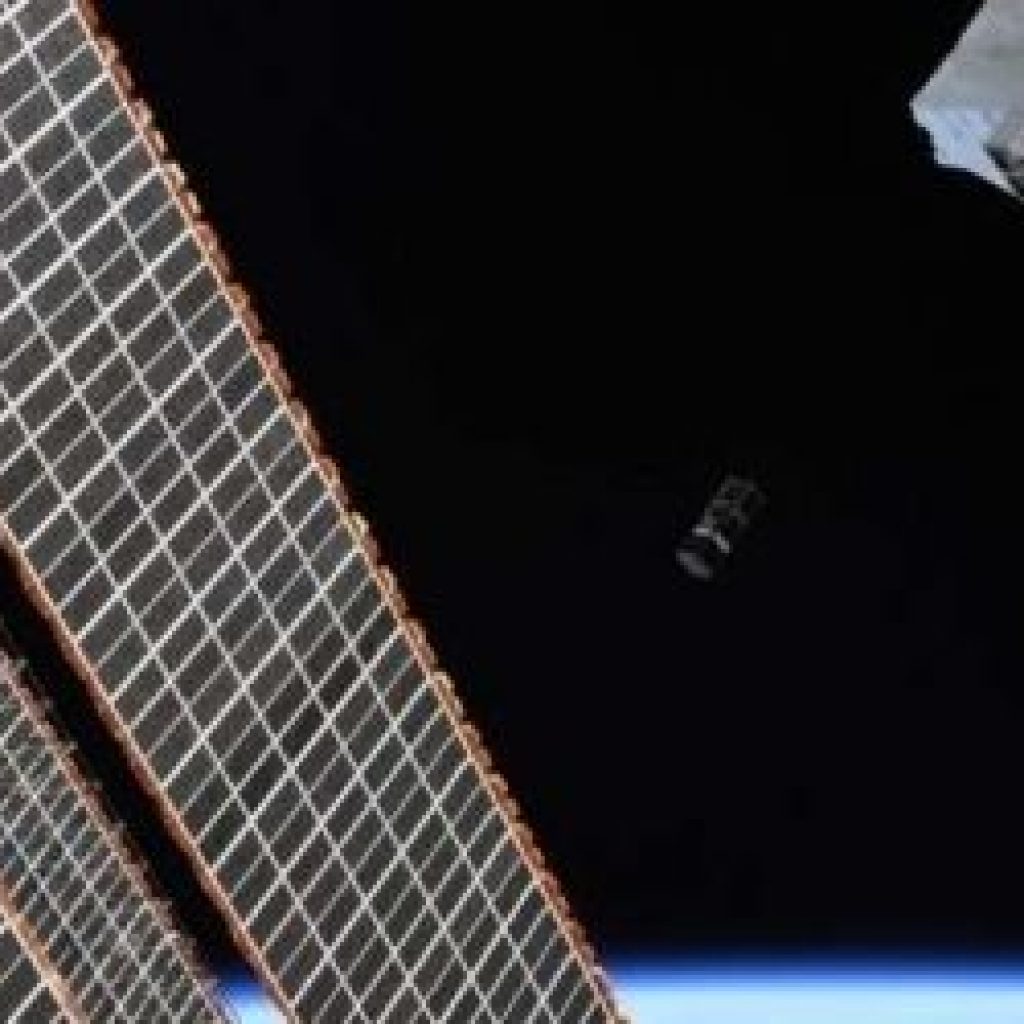(SciTechDaily) Satellites for quantum key distribution (QKDSat) distribute symmetric keys through a cloud-based system to end-use devices, with a tiny computational load of less than 200 lines of code, leveraging the laws of quantum physics to prevent any eavesdropper from gaining access to the encryption key.
A series of QKDSat satellites will enable the exchange and distribution of secure encryption keys to countless locations and billions of devices anywhere in the world, thanks to their optical quantum space-to-ground link. This improves resilience to future hacking threats because the quantum keys are generated from high-quality random sources and distributed across the cloud network.
QKDSat is being developed as an ESA Partnership Project, which brings together the skills, expertise and resources of the agency to support the development of commercial applications of space technology in a public-private partnership.
In 2019 ESA has placed a contract with Arqit co-funding the development of the first QKDSat satellite. The development is progressing well and the satellite is due for launch in 2023.
Under UK-based Arqit’s leadership, QKDSat is being developed by a pan-European team from a number of other ESA member states including Austria, Belgium, Canada and the Czech Republic.
David Williams, chief executive of Arqit, said: “Our technology solves the most challenging security threats of modern times and, with the deployment of QKDSats, we will be able to hyperscale our distribution capabilities and geographical reach.”
QKDSat Will Enable Secure Communications to Billions of Devices Anywhere in World
